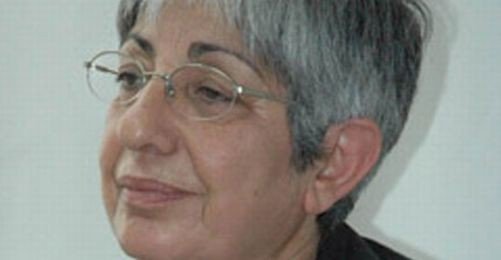DISAPPEARANCE UNDER CUSTODY
Government Silent as the World Looks for its Missing
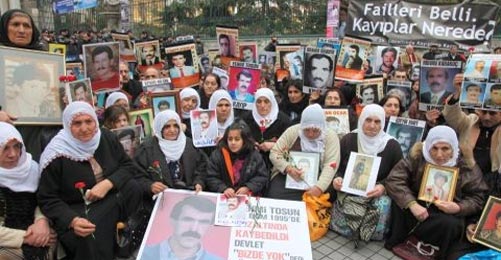
The United Nations Convention that prohibits enforced disappearances and allows families to find out about the fate of their missing has gone into effect.
Turkey, despite almost one thousand enforced disappearances determined by the rights activists only in the post-12 September military coup period, and persistent calls by international and national rights organisations, has still not adopted the convention.
They face their past, Turkey just looks
A total of 20 countries had to adopt the convention for it to go into effect. As of today, 90 countries have ratified the convention and 21 countries adopted it.
Among countries that adopted the convention are those, which like Turkey, went through military coups and periods of dictatorship and which witnessed severe human rights violations including disappearances such as Argentina, Chile, Bolivia and Paraguay. There also are industrialised countries such as France, Germany and Japan.
Most recently, the junta leaders in Argentina were sentenced to life in prison for committing "crimes against humanity" because of the tortures and deaths under detention. In Turkey, however, although the constitutional shield protecting the perpetrators of the 12 September coup has been lifted in a recent referendum, it is still unclear whether these people will be brought to justice.
UN is calling, government is indifferent
Turkey has not yet paid attention to the convention, which was opened to signatures on 6 February 2007. Turkey, which submitted its report to the periodical review meeting at the UN Human Rights Council on 10 May, did not even mention this issue.
However, at the very same meeting, Turkey had been called on to ratify the convention.
The UN Committee Against Torture, in a report on Turkey in November, stated that it was concerned about the fact that the government was not providing information about the disappeared. It added that the UN working group had mentioned 63 enforced disappearance cases, and that no information was being provided on the disappearance cases, in which Turkey had been convicted by the ECHR. It stated that there were no transparent information and the families of the missing were not being informed.
It called on the government to sign the convention.
Finding out about the fate of the disappeared is a right
The "Declaration on the Protection of All Persons from Enforced Disappearance" brings an absolute prohibition on enforced disappearances and obliges each state party to take necessary measures to ensure that enforced disappearance constitutes an offence under its criminal law. It also stipulates that widespread or systematic practice of enforced disappearance constitutes a crime against humanity.
The Convention guarantees the rights of the disappeared and their families. Among these are the rights to know the realities regarding the conditions of disappearance and the fate of the disappeared and to obtain compensation.
Enforced disappearance encompasses multiple and simultaneous human rights violations: Personal safety and integrity, not being subject to torture, inhumane or degrading treatment, having a fair trial and family life rights. (EÜ/EA)
SOCIAL GENDER EQUALITY
Women and Journalists Hand in Hand against Violence
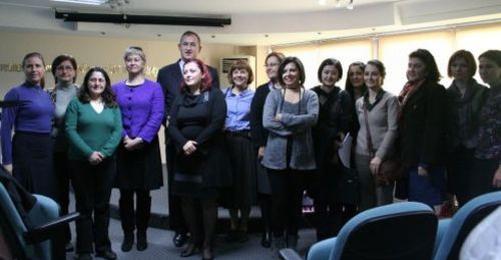
EUROPEAN COMMISSION AGAINST RACISM AND INTOLERANCE
Discrimination and Racism in Turkey Fuel Concern
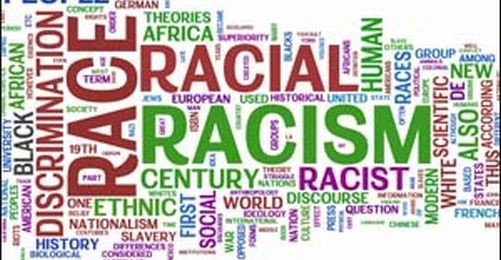
Unionists in Northern Cyprus Protest PM Erdoğan
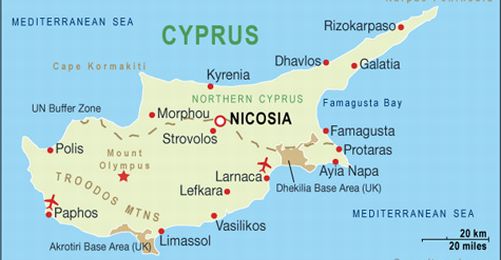
Policeman who Beat Juvenile Claimed Self-Protection
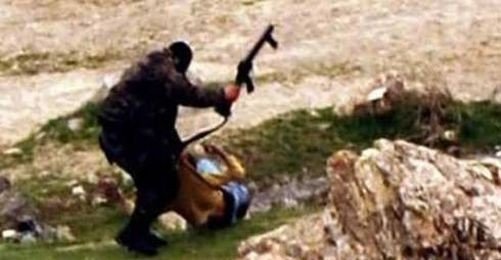
HRANT DINK MURDER
Court fully Protects Istanbul Police
